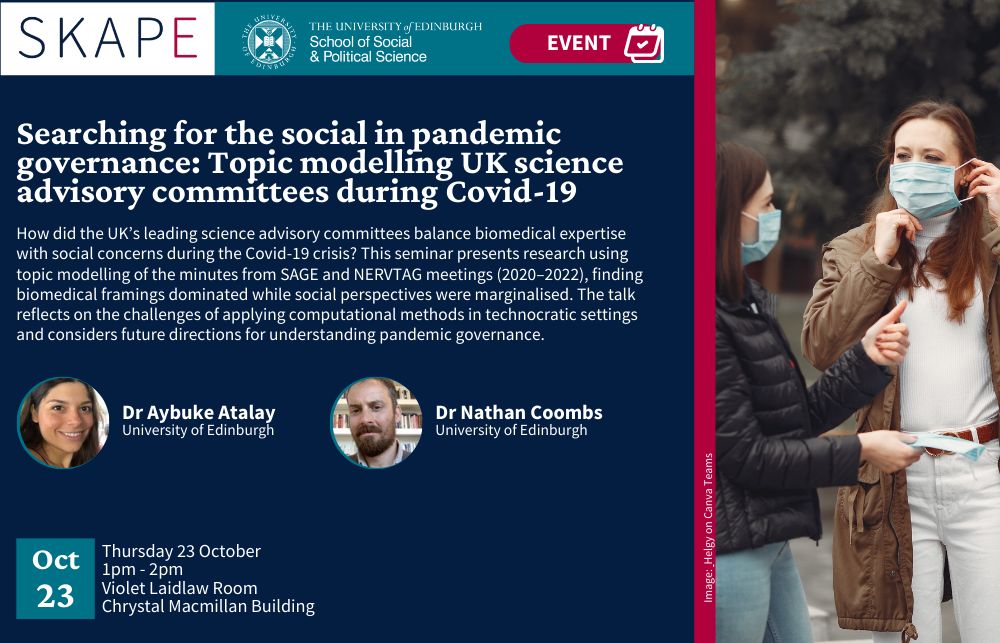
Central Banks between Science and Politics
What do economists do in central banks? Why do economists work in central banks? A substantial literature analysed the role and place of economists and economic ideas in contemporary central banking, highlighting the “scientisation” of these institutions: that is, the increasing reliance of central banks’ policymaking on “science,” especially on “science” produced within central banks. “Scientisation” (a term originally devised by Martin Marcussen in the mid-2000s) is thus a concept used to describe several historical processes: central banks’ leveraging of expert knowledge for internal operations (such as model-based forecasting) and external communication, as well as their growing role in contributing to academic research (particularly in the field of macroeconomics and dynamic modelling). Yet, “scientisation” conflates different dimensions. The works presented in this seminar suggest a new conceptual framework distinguishing three separate processes of scientisation (policymaking, legitimizing, and contributory scientisation), held together by the idea that central banks are better defined as institutions operating as “boundary organisations”. This new framework aims at providing a more accurate and fruitful approach to the study of the role and place of “science” in central banking. This is a launching event for the symposium “The Scientisation of Central Banks. National Patterns and Global Trends”, forthcoming in Finance and Society.
Aurélien Goutsmedt is a postdoctoral researcher at UC Louvain and a lecturer at ICHEC. He works on the history of economic ideas on inflation and unemployment and studies the influence of economists on policy decisions.
Francesco Sergi is Associate Professor of Economics at Université Paris Est Créteil. He works on the history of macroeconomic modelling in policymaking institutions and on the role of computers in shaping economists’ research and expertise practices.
